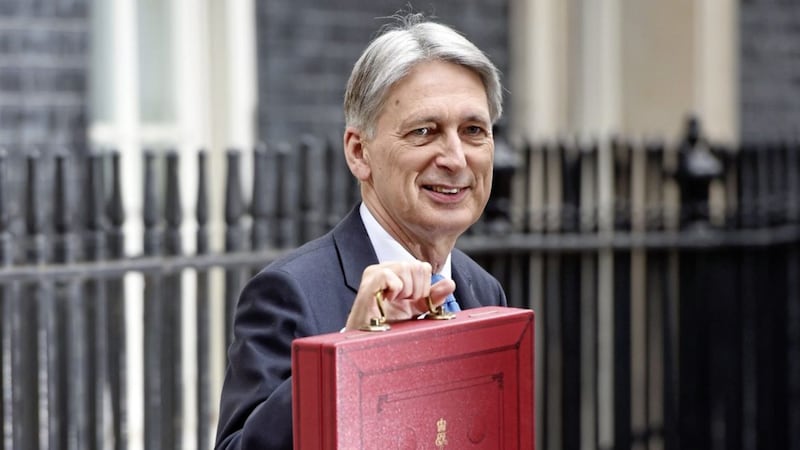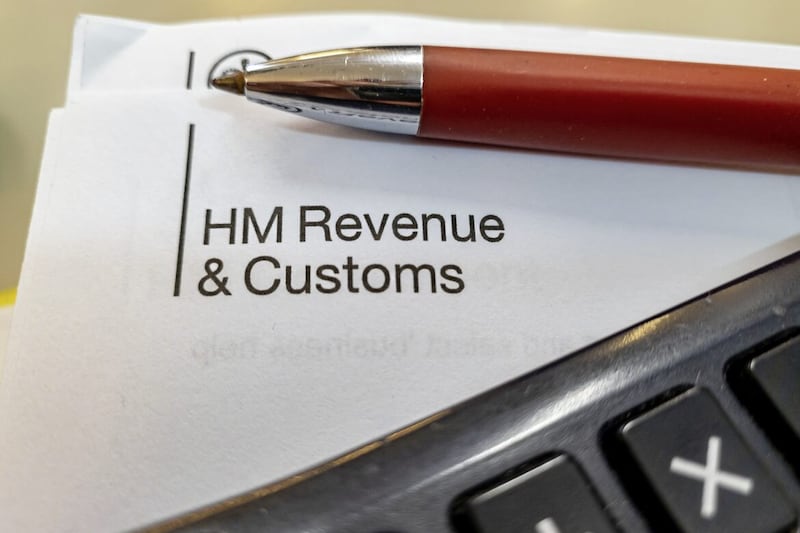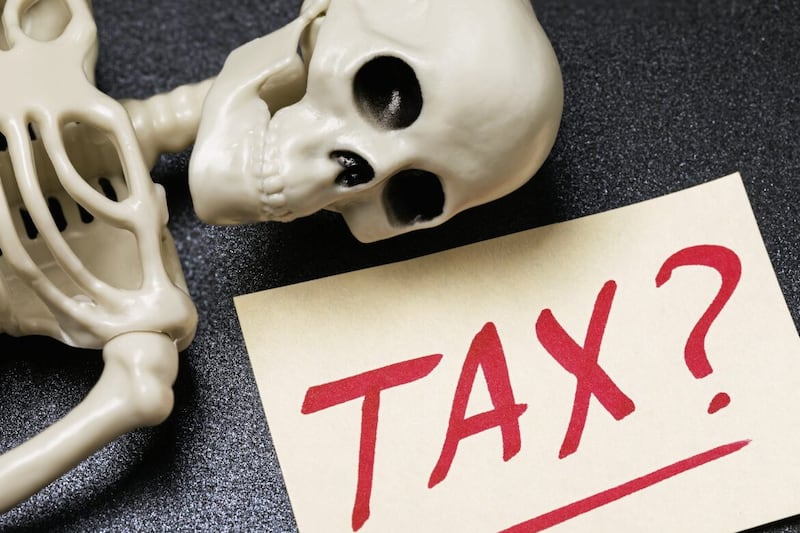QUESTION: Following Philip Hammond’s Budget last Wednesday, what are the main points I need to be aware of for my family business?
ANSWER: The Chancellor noted that whilst there are lots of challenges in the economy, it is not all doom and gloom. Economic growth forecasts may have dropped, but there is no sign of a recession on the horizon.
Annual borrowing is forecast to be £8.4bn lower than forecast this year, and it is anticipated there will be a net increase of 600,000 jobs by 2022. With Brexit a serious concern for business, an additional £3bn has been set aside for planning for all eventualities.
There is good news in the Budget for innovative businesses. Those creating new technologies could be entitled to an even greater R&D tax credit up to 12 per cent. A further £2.3bn has been set aside to cover this. Consideration was also given to adjusting the turnover threshold at which your business must pay VAT. However, this is to remain at £85,000 for the next two years.
Those with large fleets of vans may have been concerned about the increase in vehicle tax, in relation to diesel vehicles. It has been announced this change will only affect cars to reduce the burden on business. The bigger environmental concern from businesses at present is the use of single-use plastic items. A future tax on these items is not coming in as of yet, but appears to be on the horizon in a future budget. Now could be the time to consider alternative packaging.
For those involved in the sale and manufacture of alcoholic beverages, duty on beer wine and spirits is to remain frozen. However, duty on high strength white cider is to increase dramatically. As anticipated, cigarette prices will continue to increase, spelling bad news for the tobacco industry. This could encourage more and more people to become healthier and quit.
Operating tech companies overseas for tax incentives is also set to become less appealing, with taxes being payable on any royalties claimed in low tax jurisdictions.
Changes are also to be made meaning no benefit in kind taxes are payable for electric cars charged at work. Could this be the return of the company car as a feasible benefit?
In terms of business rates, the changes scheduled for April 2020 have been brought forward to April 2018. This means any business rates increases will rely on the much lower CPI figure, rather than the RPI figure. It has been estimated this will save businesses £2.3bn over the next two years.
Developers are being pushed to get on with building. Compulsory purchase has been streamlined, where land is being held hoping for future market movements, stopping delays in building. Any delays in permitted developments commencing will be investigated with due prejudice.
It will also be more attractive for developers to appeal to first time buyers, with stamp duty abolished for any properties worth less than £300,000, and reduced for those worth less than £500,000. It is anticipated these changes will produce 300,000 more homes a year.
While there is still a long way to go for the Northern Ireland economy, there are still significant plans and opportunities for new and innovative businesses moving forward.
:: Paddy Harty (p.harty@pkffpm.com) is director at PKF-FPM Accountants (www.pkffpm.com). The advice in this column is specific to the facts surrounding the question posed. Neither the Irish News nor the contributors accept any liability for any direct or indirect loss arising from any reliance placed on replies.







